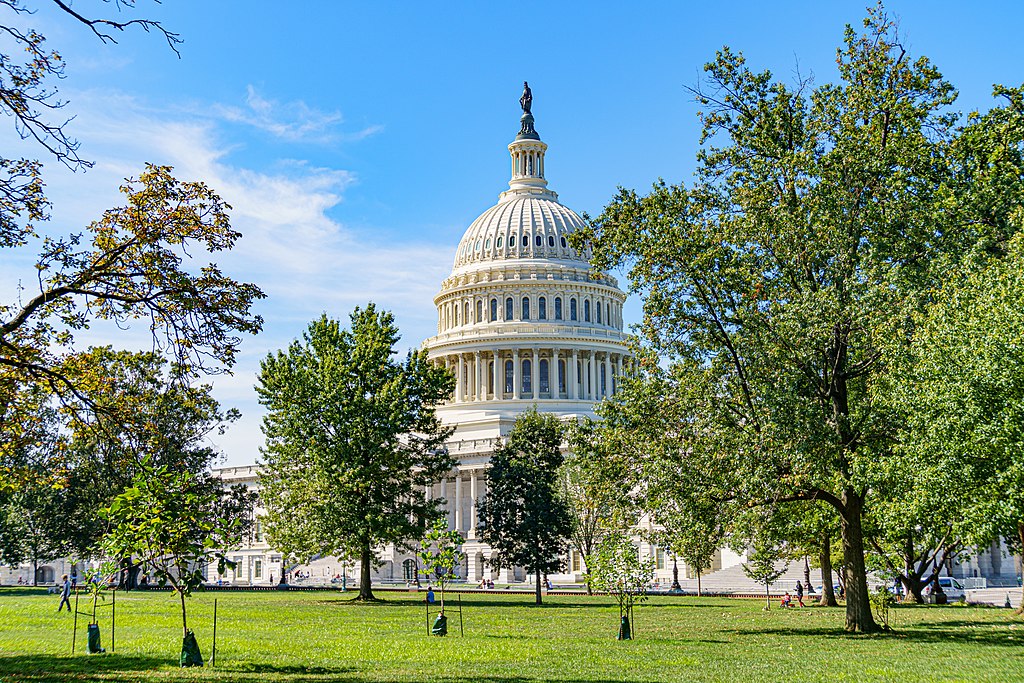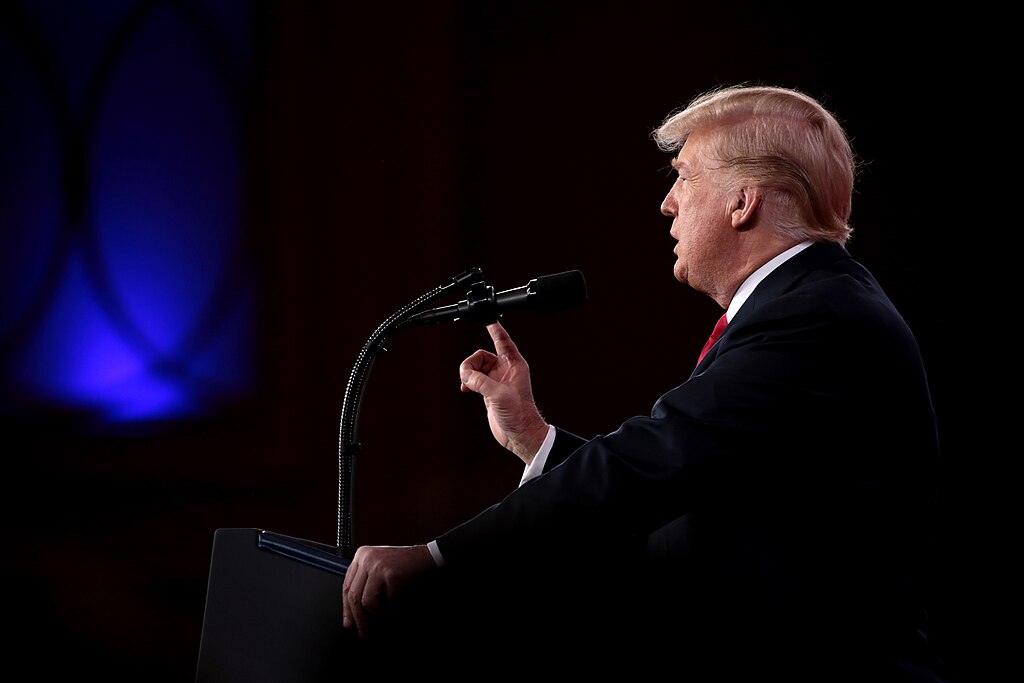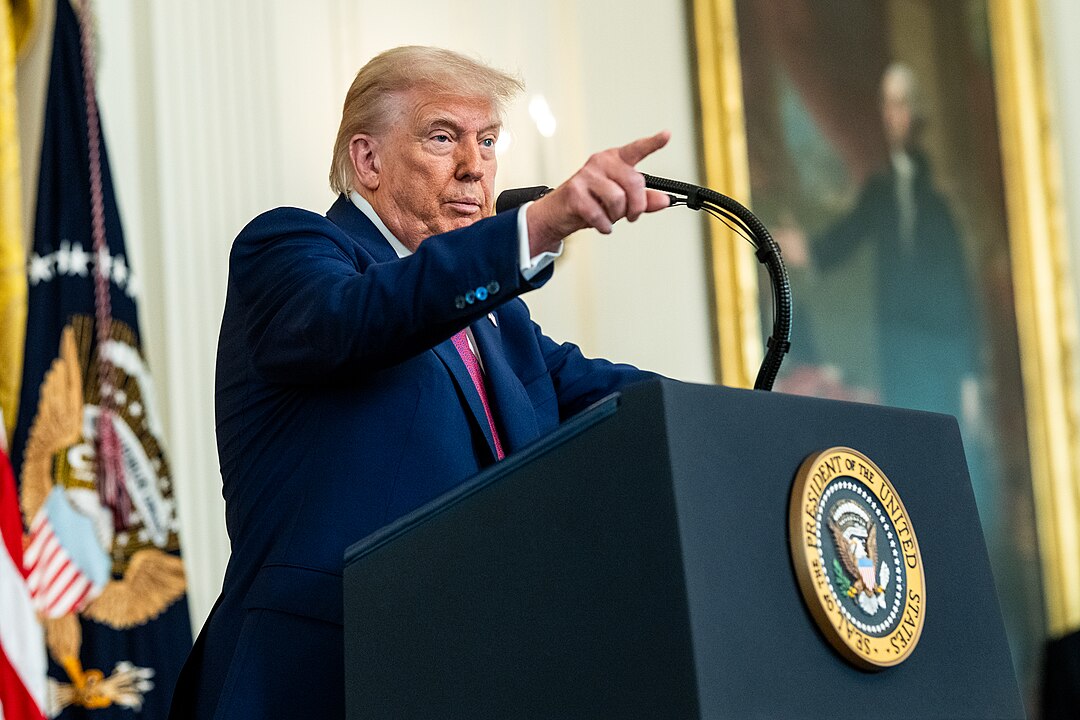President Trump has made a simple, compelling demand: the US Senate should cancel its August recess and work weekends until his judicial and executive nominees are confirmed. This is not political theater. It is a rational, proportional response to a dangerous impasse, one that implicates the rule of law itself. The Senate, after all, is not a spa retreat for idle grandees. It is a constitutional body with a solemn duty to provide advice and consent. Today, it is doing neither.
As of July 20, 2025, six full months into Trump’s second term, the Senate has confirmed exactly one of his fifteen judicial nominees. One. To grasp the scope of the dysfunction, consider that this is a Republican-controlled chamber. Trump’s nominees are not languishing because they lack majority support. They are stalled because Democrats are exploiting every procedural loophole to grind the machinery of confirmation into sand. And Republicans, many of whom seem far more comfortable performing comity than wielding power, have allowed it to continue.
Contrast this with 2021, when Joe Biden entered office with the thinnest possible Senate majority, 50 votes plus Kamala Harris. Even under those constraints, the Senate confirmed seven of Biden’s judicial nominees in the first six months and over 85 executive nominees, including all 15 Cabinet secretaries. Republican senators could have delayed. They could have obstructed. Many had every reason to do so. Yet the basic functions of governance were allowed to proceed.
Now reverse the scenario. Trump has a Republican majority, yet fourteen of his judicial nominees remain unconfirmed. Even those who have cleared committee, such as Joshua Divine, Maria Lanahan, Zachary Bluestone, and Cristian Stevens, all advanced from the Senate Judiciary Committee on June 26, still await full Senate votes. The delay is not due to scandal, criminality, or lack of qualification. It is due to procedural hostage-taking and inertia.
Why does this matter? Because the judiciary, unlike the legislative or executive branches, does not operate on a partisan cycle. It is composed of lifetime appointees who interpret and enforce the law long after the administrations that appointed them have faded. The consequences of leaving judicial seats empty are immense. Cases go unheard. Justice is delayed. And in the vacuum, an increasingly activist liberal bench, populated by Obama and Biden appointees, steps in to shape policy by fiat.
This is not conjecture. It is the living history of the Trump era. From nationwide injunctions halting immigration policy, to judicial meddling in environmental regulation, to the ever-expanding use of lawfare against Trump himself, Democrat-appointed judges have shown a striking willingness to advance progressive aims from the bench. The judicial branch has become the fallback strategy for a left that cannot win at the ballot box.
Consider Emil J. Bove III, nominated to the Third Circuit. A former Trump DOJ attorney, Bove has become a flashpoint for this exact reason. When whistleblower allegations surfaced accusing him of recommending aggressive legal tactics in service of Trump’s agenda, every Democrat on the Judiciary Committee walked out of the vote. But rather than rebut the charges or engage in debate, they fled. Republicans, to their credit, advanced Bove on a 12–0 party-line vote. Yet his nomination now languishes without a floor vote. Why? Because Democrats are running out the clock, and Republican leadership is letting them.
Trump’s response is characteristically direct: no recess until the confirmations are done. Cancel the August break. Scrap the long weekends. If Senate Democrats insist on procedural obstruction, then Senate Republicans must meet them with procedural endurance. Bring the Senate into session. Force cloture votes. Schedule midnight debates. Wear down the opposition not through rancor, but through resolve.
This is not unprecedented. In fact, it is how the Senate was designed to function. The Founders, suspicious of aristocracy and allergic to inertia, envisioned a deliberative body that works when it must, not when it wishes. The modern Senate, by contrast, meets an average of 2.5 days per week. During Biden’s first term, that figure was closer to 3.15 days. That is a work schedule more befitting a retirement community than the upper chamber of a superpower.
The legislative calendar is not sacrosanct. It is a tool. And like any tool, it should be used to accomplish the job at hand. The job, in this case, is confirming Trump’s nominees. These are not fringe figures. They include Jennifer Mascott, a respected constitutional scholar; Joshua Dunlap, a seasoned litigator from Maine; and a cohort of district judges for Florida and Missouri, many of whom were vetted and supported by their home-state senators. They deserve up-or-down votes.
The same is true for executive branch nominees. Paul “Scott” Ingrassia, T. March Bell, Cheryl Mason, and Anthony D’Esposito are awaiting confirmation to vital oversight roles. These are not symbolic posts. They involve the Office of Special Counsel, the Department of Health and Human Services, the Department of Veterans Affairs, and the Department of Labor. Delay here is not benign. It compromises the executive’s ability to manage its own agencies.
Of course, critics will argue that some of these nominees are unqualified or ideological. Ingrassia, a 33-year-old former podcast host, is an easy target. So is D’Esposito, dogged by ethics complaints from his time in Congress. Fair enough. Let the Senate debate their merits. Let Democrats vote no. But obstruction is not debate. Avoidance is not scrutiny. If Democrats believe these nominees are unfit, let them say so, on the record, under the lights, and in the well of the Senate.
In the end, the issue is not about personalities. It is about the capacity of the president to govern. Trump was elected. His nominees are entitled to hearings and votes. If the Senate will not grant them, then it forfeits its role as a coequal branch and becomes a bottleneck, a sclerotic holdover of a bygone consensus that no longer exists.
Senator John Thune, as Majority Leader, has the authority to change this. He can cancel recess. He can bring the Senate into session. He can prioritize confirmations over ceremonial resolutions and symbolic floor speeches. He can make the Senate do its job.
And he should. Because Trump’s mandate, confirmed by the voters in 2024, requires more than rhetoric. It requires personnel. It requires judges who understand the Constitution as law, not as aspiration. It requires oversight officials who serve the public, not the bureaucracy. It requires a Senate that works, not one that rests.
Sponsored by the John Milton Freedom Foundation, a nonprofit dedicated to helping independent journalists overcome formidable challenges in today’s media landscape and bring crucial stories to you.




